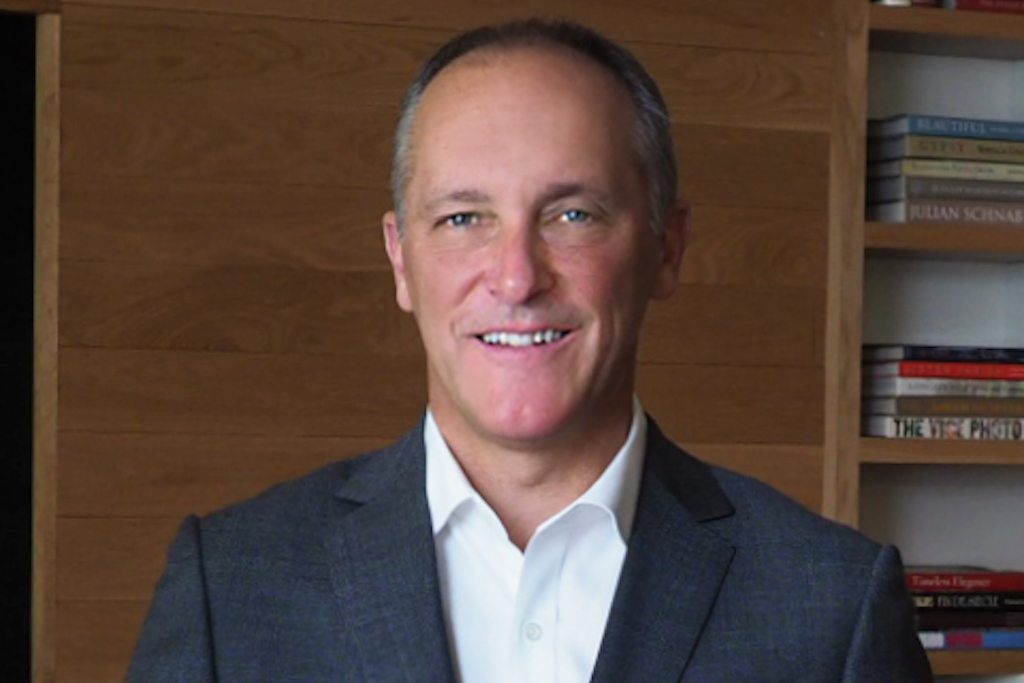Study Hotels Founder on Why True Independence Matters More Than Ever

Skift Take
When everyone else in hospitality is going asset light or turning to soft brands, Study Hotels is content to do its own thing and at its own pace.
When the first Study at Yale Hotel opened, the year was 2009. Needless to say, it was a tough market at the time.
"It was probably the worst economy in our lifetime," said Paul McGowan, founder of Study Hotels.
It wasn't until nine years later that McGowan and his team would open a second property, The Study at University City in Philadelphia. It opened early this year. In 2019, McGowan plans to open a third Study Hotel near the University of Chicago.
The first Study at Yale Hotel was a pioneer in developing the co-located university campus boutique hotel, a trend that has now flourished. This is most evident in the growth of rival Graduate Hotels, which opened its first hotels in 2014 and now has 10 properties across the U.S., primarily in secondary markets but now venturing into primary ones like Seattle and New York City.
But unlike his competitors, McGowan is content with building growth at a slower, steady pace.
"Speed wins in certain sectors, I guess," he said. "I'm not sure where that strategy comes from. Certainly, it's not the playbook that we've chosen."
He continued, "Speed is not our priority. We're all about trying to create really good long-term value and deliver on the promise to become something that is a proud place for any of these institutions to be affiliated with."
At a time when nearly everyone else in hospitality wants to go asset light, McGowan and his company, Hospitality 3, owns, develops, and operates all of its hotels.
"We own, develop, and operate our own facilities," he said. "We're deeply invested in all of them. That's very unusual."
McGowan said that because every Study Hotel is full service, "it takes a lot more to operate hotels at that level and to do it effectively and efficiently over time."
He added, "We're not in every market, we're not in every secondary market, buying up an existing asset and converting it and promoting a brand that is meant to accommodate a different tier than what we're looking for. We're trying to stay in more urban markets."
As for what lies ahead for the growth of Study Hotels, McGowan said, "We're in discussions with a number of top 10 [universities] in the country. We expect to be planting our seed in each one of them. They're coming to us for all the reasons that I spoke of. We're not flashy, we're not trendy, we're not a flash the pan. We're trying to build a brand that has long-term value and become part of the school culture."
[caption id="attachment_
